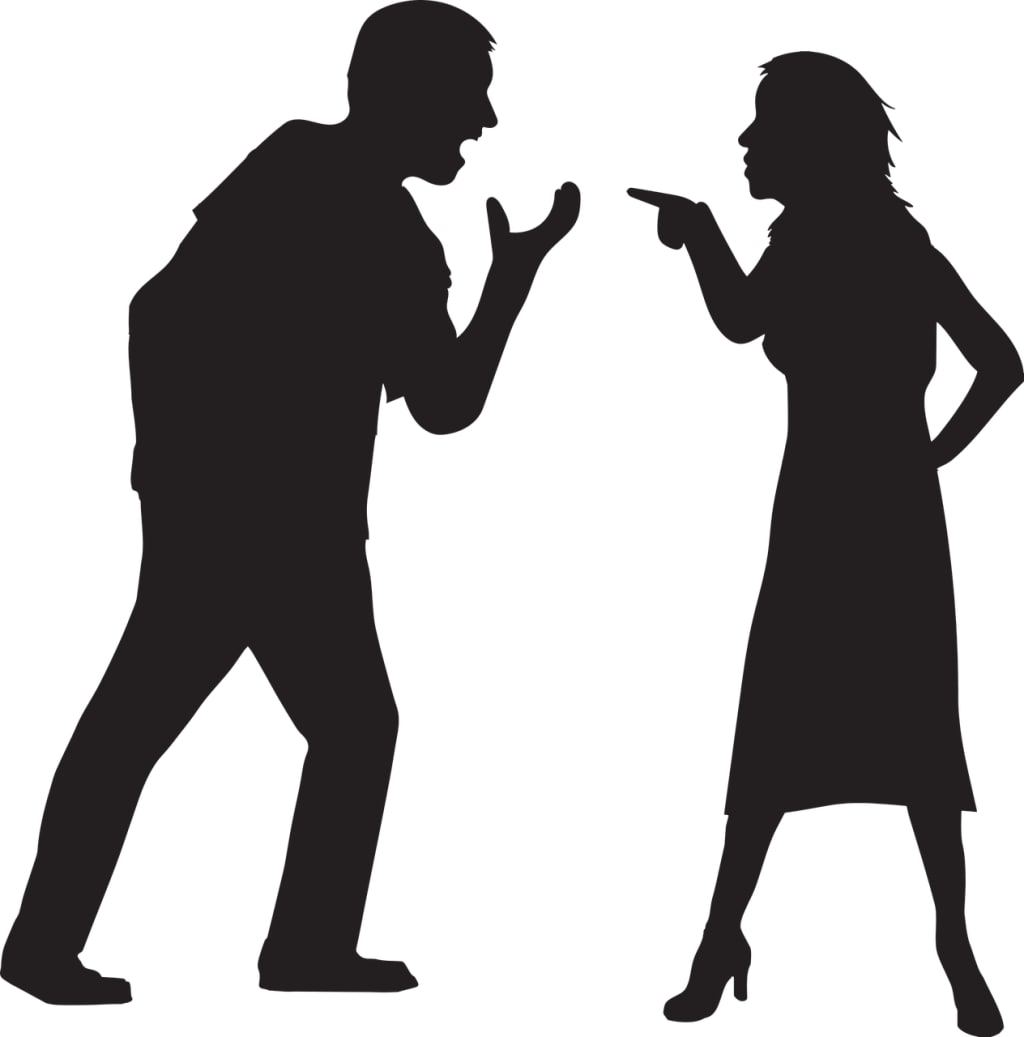Here Is Why It's Important to Have Someone to Talk To
Our mental health depends on us being able to verbalize our feelings and emotions without the use of violence.

In the world of connectivity, information is at our fingertips. If we feel sick, we search the internet for answers based on our symptoms and diagnose ourselves. There are even treatment solutions online. With a click of the mouse or push of the finger, we all become instant medical professionals.
Along with medical help, there is also help for mental or emotional distress somewhere out there on the web. There is a saying, “no man is an island,” this idiom speaks the truth in many ways. We all need someone. Someone to smile with, someone to let out our emotions with, or someone to just lend an ear.
Having someone to talk to could mean the difference between life and death or sitting in a bar drinking your life away. One of the most important part of being human, is having the ability to communicate your feelings and emotions. Having a large number of friends to hang out with or party with is unimportant. Being able to speak to one of those many friends on an intimate level is sometimes difficult. Especially for most males.
In many cultures, speaking about feelings and emotions is a sign of weakness. In the Black culture, boys and men are teased if they show weakness or emotions. At a very young age, boys are taught that weakness and crying are for girls. If boys encounter an emotionally challenging situation, such as a serious fall or any type of physical harm, they are often told to suck it up, or to be a man, or to stop acting like a female.
With these types of training, it becomes difficult as a man to reveal feelings of hurt, depression, anxiety or distress. Men will live with the monsters in their closets their entire lives to prevent anyone seeing them weak. This monster then becomes violent when he is not able to use his words to communicate effectively.
As a child, I never said "I love you" to my dad, and he never said it to me. Even though we both loved each other, it was never spoken. We showed each other love in many other ways not never verbally.
He would verbalize his love to my sisters, but not me and my brothers. There are many days that I stood at the door watching him leave for work and wish he would say it to me also. These emotions were never shared between us and sadly, I knew why. As an adult, I promised to be different with my children, kissing them, hugging them and telling them that I loved them no matter their age.
I encourage them to say how they feel in the heat of a moment. If they are in an argument, tell the other person how you feel and what makes you feel that way. These tools, I’ve learned will build an emotionally strong and secure adult. The beginning of being able to talk about your mental well-being is the training instilled as a child.
Adults carry many burdens on their shoulders and much of it is overwhelming. Overwhelmed with work, school, children, family obligations, relationship issues, bills, and other financial issues can all lead to depression, stress anxiety, and other forms of mental illness.
Many Black and Latino Americans belong to an inner-city or urban, low socio-economic, background or it is their current status. Low socio-economic status has a devastating effect on mental health from stress and depression to feelings of poor self-worth and low self-esteem. This economic status can lead to violence which in turns lead to high incarceration rates and higher mental illnesses in the prison systems.
Along with the incarceration rates, the violence produces more victims and these victims then suffer mental illnesses such as PTSD, major depression, development of various types of phobias relating to people or activities. And the biggest highlight of it all, they do not verbalize their feelings which leads to relationship issues, parenting issues, incarceration, and the endless cycle.
It’s time to break the cycle, we have to choose to speak. A stranger is best to speak to because this stranger has no judgment towards you. That stranger should be someone who can communicate clearly and express ideas in ways you might not have noticed or seen them before. That stranger could be a member of the clergy, a social worker, a counselor, or therapist.
There is a huge stigma in minority communities when it relates to seeking a therapist. However, the good will always outweigh the bad. These men and women are professionals and they understand human emotions. They have their issues also, no one has all the answers, but the best part about seeing one is not for the answers. It’s to speak to someone and have them listen, most of the time you will find the answers you are looking for without the therapist saying a word or just minimal interaction.
It’s time we take charge and take care of ourselves. There are many self-help books available online that will teach you how to get over certain mental or emotional struggle, but nothing beats a listening ear.
P.S.
Thanks for reading, if you enjoyed what you’ve read, feel free to make a small contribution down below. These contributions allow me to continue to deliver great content to you. Please share this with someone who needs to hear it. Follow me on Twitter @chrisricks or on IG and Facebook.
About the Creator
Chris Ricks
Father, writer, activist, motivational speaker. God first. Follow me IG: @chrisricksauthor Twitter: @chrisricks FB: facebook.com/chrisrickshttps://linktr.ee/chrisricksauthor






Comments
There are no comments for this story
Be the first to respond and start the conversation.